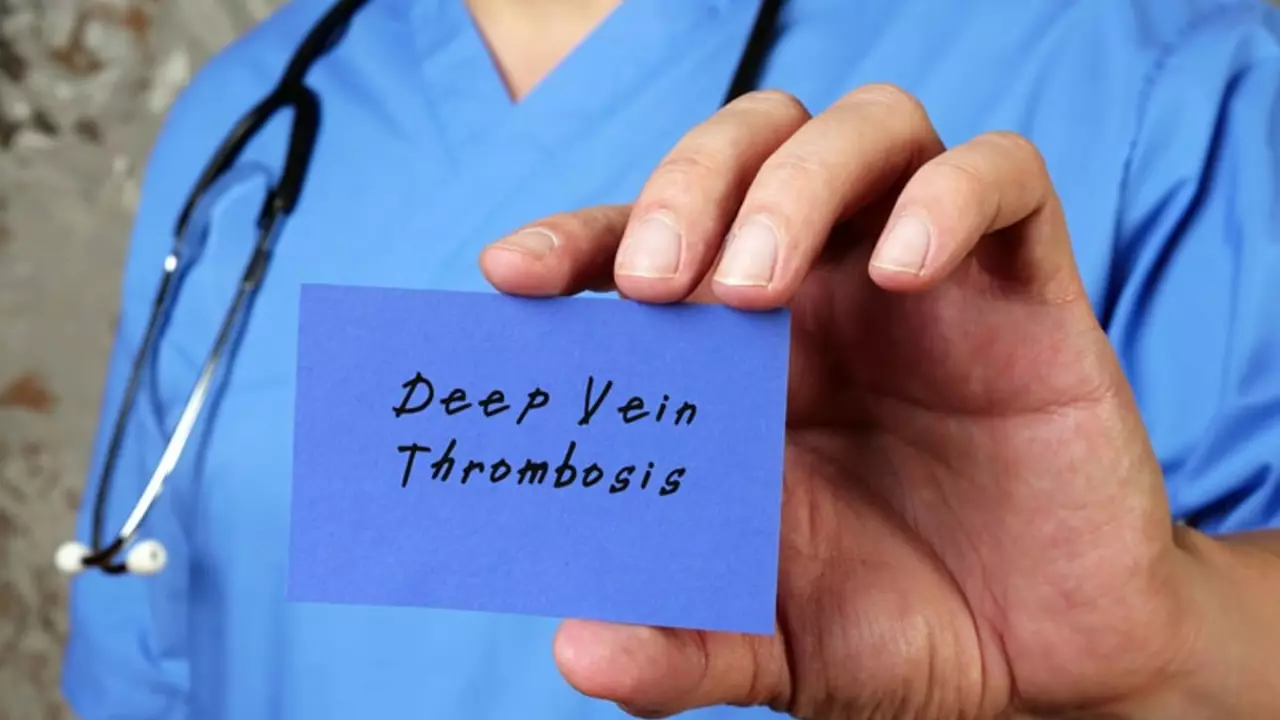Heart racing, fluttering or irregular beats? That could be atrial fibrillation, a common rhythm problem where the heart’s upper chambers quiver instead of pumping well. AFib increases stroke risk and can make you feel wiped out. This page gives clear, useful steps to spot it and handle it—no fluff.
People notice AFib differently. Some feel strong palpitations, breathlessness, chest discomfort, dizziness, or fatigue. Others have no symptoms and find out during a routine check. If your pulse is fast and uneven when you check it, mention it to your doctor. Simple pulse checks at home often catch problems before they get worse.
Doctors use tools like an ECG (electrocardiogram), 24–48 hour Holter monitor, or longer wearable monitors to confirm AFib and see how often it happens. Blood tests, an echo (ultrasound of the heart), and checking for thyroid issues help find causes.
Treatment targets two things: lowering stroke risk and controlling the heartbeat. Stroke prevention usually means anticoagulant drugs. In many cases doctors choose direct oral anticoagulants (DOACs) because they’re easier to manage than warfarin, but your health history matters. Your doctor will use a risk score (CHA2DS2‑VASc) to decide if you need blood thinners.
For symptoms, there are two paths: rate control (slowing the heart with beta‑blockers or calcium‑channel blockers) and rhythm control (trying to restore a normal heartbeat with drugs, electrical cardioversion, or catheter ablation). Catheter ablation can help people whose symptoms don’t respond to pills, especially if AFib is recent or causing major problems.
Simple, everyday actions help too. Losing weight if you’re overweight, cutting back on alcohol and caffeine, treating sleep apnea, and staying active can all reduce AFib episodes. Track your symptoms and meds in a notebook or app—this helps your clinician tailor treatment.
When should you get urgent help? Go to A&E if you have severe chest pain, fainting, sudden breathlessness, or weakness on one side of your body (possible stroke). Otherwise, book a prompt GP or cardiology appointment for new or changing palpitations.
Living with AFib means follow-up. Regular blood tests if you’re on warfarin, medication reviews, and repeat monitoring keep treatment safe and effective. Ask your clinician about driving rules, pregnancy planning, and how AFib affects other conditions like heart failure or diabetes.
If you want quick next steps: check your pulse daily, avoid big alcohol or stimulant binges, make a list of symptoms and medicines, and see your doctor if your pulse is fast or uneven. AFib is manageable—early action and the right plan make the biggest difference.

In my recent research into atrial fibrillation, it's clear that the future holds promising advancements in treatments for this heart condition. New therapies are being developed that can potentially reduce the risk of stroke and heart failure, a serious concern for those with AFib. Doctors are particularly excited about some groundbreaking procedures that may offer a less invasive alternative to current treatment methods. Additionally, progress in gene therapy could provide a more personalized approach to managing this condition. Stay tuned for more updates as we keep an eye on these exciting developments in the world of atrial fibrillation treatments.
